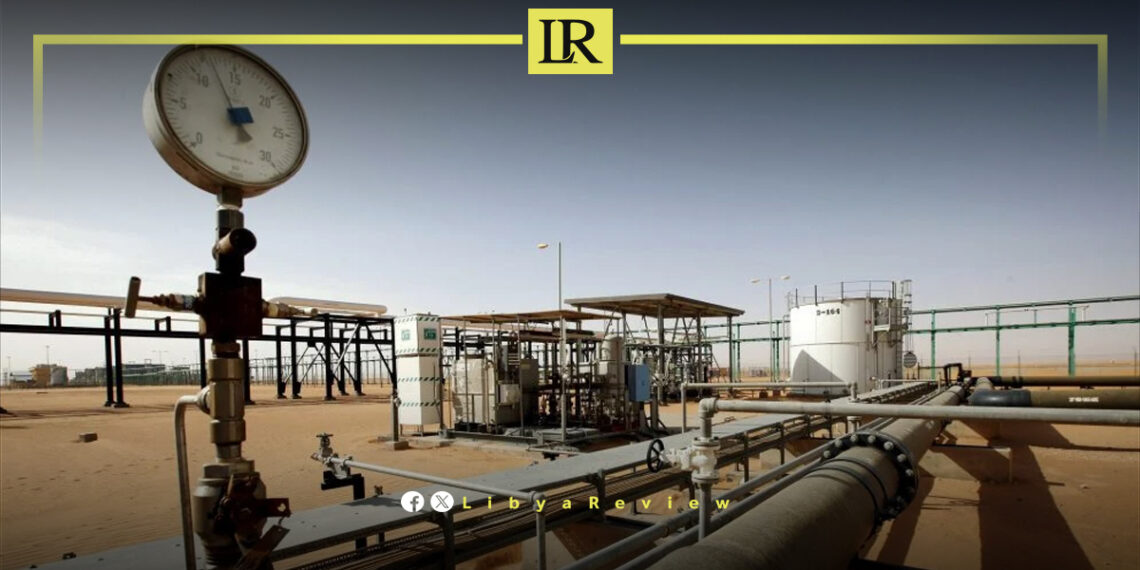Libya’s oil production has surpassed 1 million barrels per day for the first time in two months, following the resolution of a political crisis that had severely constrained the nation’s oil output and exports.
According to a Bloomberg report, Libya’s production reached 1.067 million barrels on Sunday after the lifting of an oil blockade on October 3rd.
This production boost comes as the global oil market faces weak demand, with the Organization of the Petroleum Exporting Countries (OPEC) planning a gradual easing of production cuts later this year. Libya’s increased output will add more supply to the global market, which could help stabilize prices.
Despite the uptick in Libyan production, oil prices have continued to rise, driven by concerns over escalating conflicts in the Middle East. Traders are worried that the unrest could disrupt global supplies. Brent crude, the international benchmark, rose by 11% last week, trading close to $80 per barrel in London.
Libya typically produces over 1.2 million barrels of oil daily, but that figure dropped to below 450,000 barrels in August due to the country’s political turmoil. The recent recovery in production marks a significant step forward for Libya’s oil sector, a critical pillar of its economy.
Libya, which holds Africa’s largest proven oil reserves, is a key player in the global energy landscape. However, ongoing political instability and conflict have disrupted its oil industry for years, making production volatile. The sector remains highly sensitive to political and security developments, with output frequently affected by blockades, strikes, and facility shutdowns.
In 2023, Libya’s oil production was severely hampered by political divisions that led to a series of shutdowns at major oil fields and export terminals. This disruption further strained the global oil market at a time when other OPEC nations were also cutting output in response to market conditions.
The lifting of the oil blockade earlier in October marked a critical turnaround for the country. Libya’s National Oil Corporation (NOC) quickly ramped up production, signaling an optimistic outlook for the future of the sector. For Libya, sustaining this production level will be crucial to boosting revenue and supporting the country’s post-conflict recovery.
Looking ahead, Libya faces both opportunities and challenges in its oil sector. Political stability will be key to maintaining consistent production and attracting the international investment needed to modernize its oil infrastructure. The country’s leadership is keen to capitalize on the current high oil prices to secure much-needed revenue for economic development and rebuilding efforts.
Additionally, Libya has the potential to explore renewable energy, with vast solar and wind resources that could diversify its energy portfolio in the future. For now, however, oil remains the cornerstone of Libya’s economy, and sustaining and enhancing production will be essential to its future prosperity.


